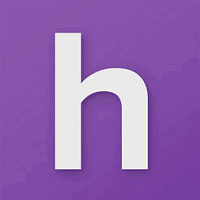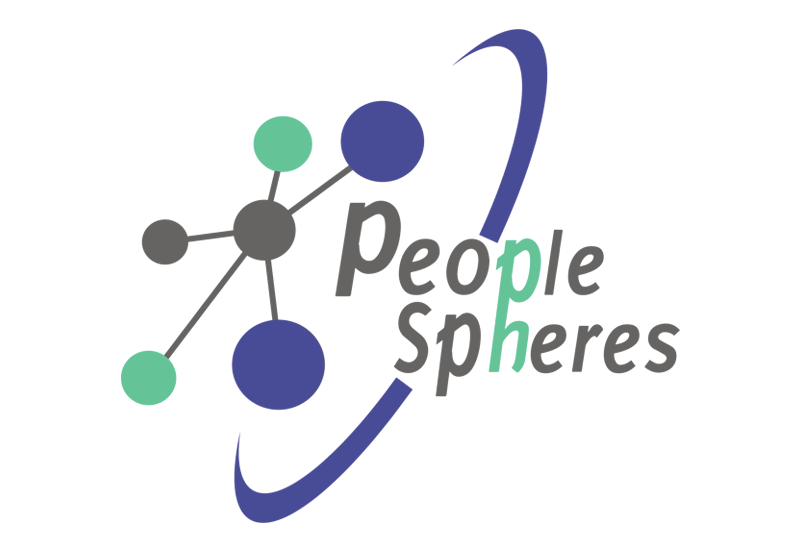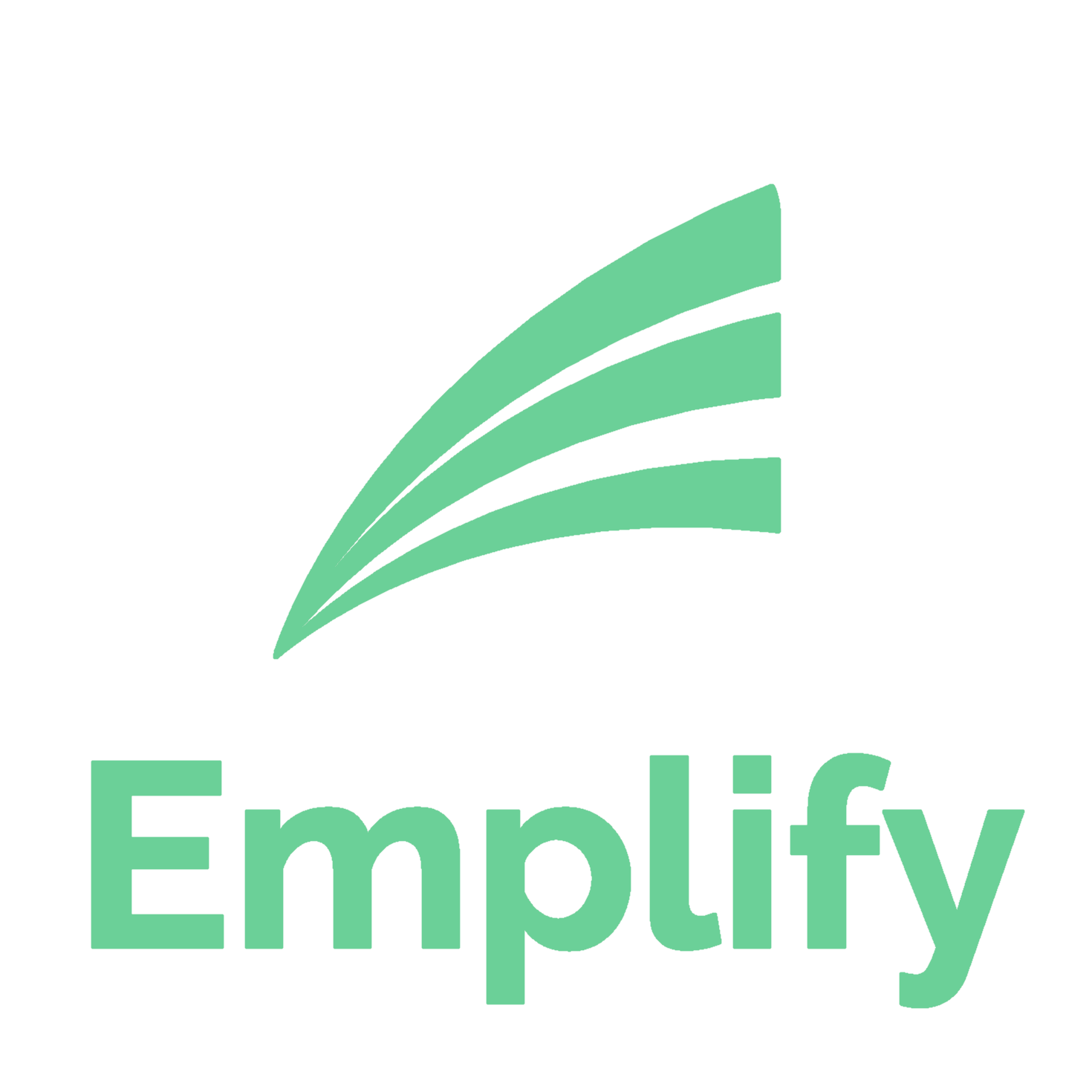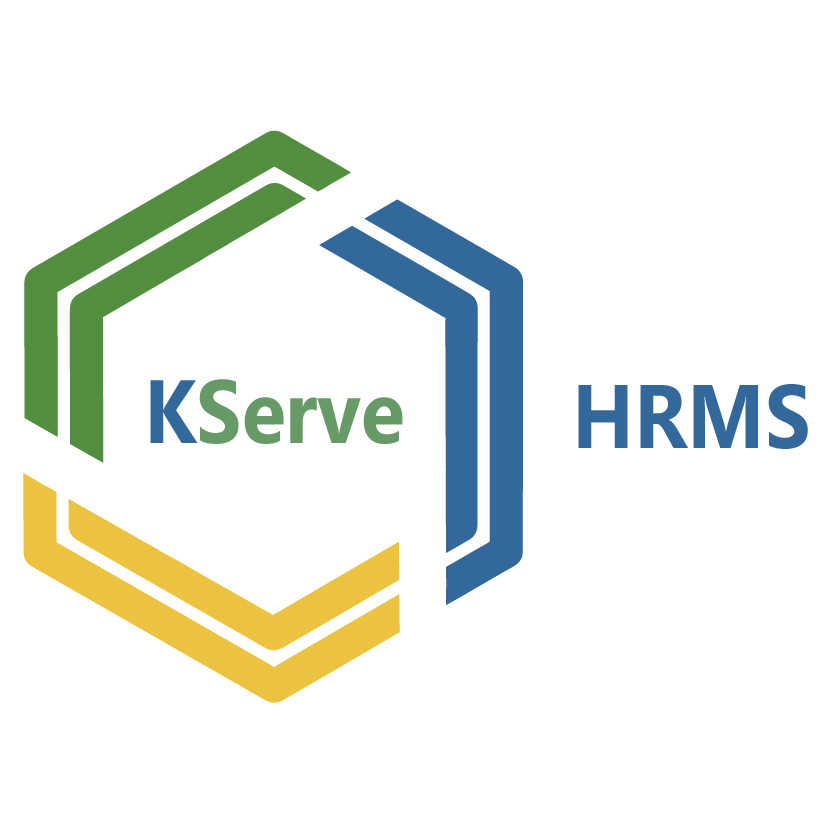Description

Homebase

PeopleSpheres
Comprehensive Overview: Homebase vs PeopleSpheres
Homebase and PeopleSpheres are both HR software platforms, but they cater to different aspects of human resource management and different market segments. Here's a comprehensive overview of both:
Homebase
a) Primary Functions and Target Markets:
- Primary Functions: Homebase offers a variety of tools designed to simplify employee scheduling, time tracking, and payroll processing. It also encompasses features for hiring and onboarding, team communication, labor cost control, and human resources compliance.
- Target Markets: Homebase primarily targets small and medium-sized businesses (SMBs), especially those in sectors like retail, hospitality, and food service. These industries benefit from its strong scheduling and time-tracking capabilities.
b) Market Share and User Base:
- Homebase has a significant presence in the SMB market due to its ease of use, affordability, and comprehensive features tailored to industries with large hourly workforces. It is widely adopted across North America and continues to grow in other regions.
c) Key Differentiating Factors:
- Homebase is particularly known for its intuitive interface and ease of use, which appeals to businesses that may not have dedicated HR personnel.
- Its focus on scheduling and time management, along with its seamless integration with major payroll providers, makes it an attractive choice for industries with fluctuating labor needs.
- It offers a freemium model, where businesses can start using basic features at no cost, offering scalability for growing companies.
PeopleSpheres
a) Primary Functions and Target Markets:
- Primary Functions: PeopleSpheres acts as a platform aggregator, allowing businesses to connect their various HR software solutions into a single, unified interface. This can include payroll, benefits, talent management, and other HRIS functions.
- Target Markets: The platform primarily targets larger enterprises that already have multiple HR systems in place but need a more seamless integration tool to unify these disparate systems into a coherent ecosystem.
b) Market Share and User Base:
- PeopleSpheres targets a niche market, focusing more on larger enterprises looking to streamline their existing HR tech stacks. Its market share is smaller compared to catch-all HR software but is significant among businesses seeking integration solutions.
c) Key Differentiating Factors:
- PeopleSpheres distinguishes itself by functioning as an integrator rather than a standalone HR tool. This offers considerable flexibility for large organizations with more complex HR needs.
- It emphasizes customization and integration capabilities, allowing companies to tailor the platform according to their specific requirements.
- The platform provides middleware solutions, which help companies connect their existing HR software, thus avoiding the need for a complete overhaul of their systems.
Comparison Summary
- Functionality and User Base: Homebase is more feature-specific (time tracking and scheduling) and caters mainly to SMBs, while PeopleSpheres focuses on integration and customization for larger enterprises.
- Market Approach: Homebase often attracts businesses needing straightforward, cost-effective HR solutions, whereas PeopleSpheres appeals to organizations looking to integrate diverse HR technologies into one streamlined platform.
- Growth and Expansion: As Homebase continues to enhance its features for SMBs, PeopleSpheres is investing in improving its integration capabilities and expanding its offerings to serve large-scale businesses better.
Both platforms are designed to address different challenges within the HR space, offering solutions tailored to the particular needs of their respective target audiences.
Contact Info

Year founded :
1986
Not Available
Not Available
United States
Not Available

Year founded :
2015
+33 1 77 69 49 70
Not Available
France
http://www.linkedin.com/company/peoplespheres
Feature Similarity Breakdown: Homebase, PeopleSpheres
When comparing Homebase and PeopleSpheres, two human resources and workforce management platforms, there are several aspects to consider regarding their features, user interfaces, and unique offerings.
a) Core Features in Common
Both Homebase and PeopleSpheres offer a range of features designed to simplify HR processes and workforce management. Their core features typically include:
-
Employee Scheduling: Both platforms allow managers to create and share schedules, helping to ensure that shifts are covered efficiently.
-
Time and Attendance Tracking: They offer tools to track employee hours, manage clock-ins and clock-outs, and calculate time worked.
-
Payroll Integration: Both products provide integrations with payroll systems to facilitate accurate payroll processing.
-
Employee Database Management: They enable businesses to store and manage employee information securely.
-
Communication Tools: Both platforms provide built-in communication features that allow managers and employees to exchange messages and updates.
b) User Interface Comparison
-
Homebase: Known for its intuitive and user-friendly interface, Homebase focuses on simplicity and ease of use. Its design is often centered around small to medium businesses, with straightforward navigation and quick access to core features. The layout is typically clean, with a dashboard that provides at-a-glance insights.
-
PeopleSpheres: This platform offers a more customizable interface, which can cater to larger organizations with more complex HR needs. Its design is modular, allowing users to add or remove features based on their requirements. PeopleSpheres' interface may seem more comprehensive and feature-rich, potentially appealing to users with more sophisticated HR demands.
c) Unique Features
-
Homebase:
- Compliance Tools: Homebase provides specific tools to help businesses stay compliant with labor laws, such as break and overtime tracking.
- Marketplace for Finding Employees: Homebase offers features that help with finding and hiring employees, integrating job postings directly into the platform.
-
PeopleSpheres:
- Integration Hub: One of PeopleSpheres' unique selling points is its ability to integrate a wide variety of third-party HR solutions into a single platform. This integration hub approach allows companies to consolidate their HR tools into one coherent system.
- HR Automation Tools: PeopleSpheres offers advanced workflow automation features, enabling businesses to streamline complex HR processes across various departments.
Conclusion
While both Homebase and PeopleSpheres provide essential HR and workforce management tools, Homebase is often viewed as more accessible for smaller businesses with straightforward HR needs, thanks to its simplicity and focus on core features. PeopleSpheres, on the other hand, offers more flexibility and advanced integrations that are attractive to larger enterprises with diverse and complex HR requirements. Each platform has its unique strengths, and the choice between them would largely depend on the specific needs and size of the business.
Features

Team Communication
Employee Management
Time Tracking and Timesheets
Payroll Management
Easy Employee Scheduling

Data Analytics and Reporting
Employee Engagement Tools
Centralized Employee Management
Compliance and Security
Integration with Existing Tools
Best Fit Use Cases: Homebase, PeopleSpheres
Homebase:
a) Best Fit Use Cases for Homebase:
- Small to Medium-Sized Businesses (SMBs): Homebase is an excellent choice for small to medium-sized businesses, particularly in the service industry, such as restaurants, retail stores, and other hospitality sectors where scheduling and time tracking is crucial.
- Hourly Workforce Management: Companies that rely heavily on hourly workers can benefit from Homebase's scheduling, time tracking, and communication tools. It is ideal for businesses with a need for shift scheduling and attendance monitoring.
- Local and Franchise Businesses: Local companies and franchises that have multiple locations can find Homebase particularly useful due to its ability to manage schedules and employees across different sites.
- Cost-Conscious Businesses: Homebase offers a free version with basic features, making it attractive for businesses that are budget-conscious but still need reliable workforce management tools.
PeopleSpheres:
b) Preferred Scenarios for Using PeopleSpheres:
- Large Enterprises: PeopleSpheres is designed to handle the complex HR needs of larger enterprises with sizable workforces, as it allows for integration with various existing HR systems into a unified platform.
- Companies Needing HR Integration: Businesses that require seamless integration of multiple HR systems (payroll, benefits, time tracking, etc.) can benefit from PeopleSpheres' middleware solution that brings different data sources into a single interface.
- Organizations with Diverse HR Needs: Enterprises with a wide range of HR functions—such as recruitment, performance management, and employee engagement—will find PeopleSpheres' customizable platform advantageous.
- Global or Multi-National Companies: PeopleSpheres supports global operations with multi-language capabilities and compliance management, making it suitable for companies operating in multiple countries.
d) Catering to Different Industry Verticals and Company Sizes:
-
Homebase: Primarily caters to the retail, hospitality, and food service sectors where managing part-time and shift workers efficiently is critical. It is well-suited to smaller businesses (SMBs) and offers scalability to grow with the company. Its straightforward interface and essential tools are tailored for industries that demand simplicity and effectiveness in time management and communication.
-
PeopleSpheres: Suited for larger enterprises across various industries like finance, healthcare, and tech that require comprehensive HR solutions. It provides a flexible platform that integrates with existing systems, catering to complex organizational structures and diverse HR needs across global operations. Its ability to adapt to intricate workflows and scale for larger teams makes it a robust choice for larger, more diverse organizations.
Pricing

Pricing Not Available

Pricing Not Available
Metrics History
Metrics History
Comparing teamSize across companies
Conclusion & Final Verdict: Homebase vs PeopleSpheres
When comparing Homebase and PeopleSpheres, it's important to analyze the strengths, limitations, and the overarching value each product provides to determine which may best suit a user's needs.
Conclusion and Final Verdict:
a) Best Overall Value:
Considering all factors, Homebase offers the best overall value for small to medium-sized businesses primarily focused on employee scheduling, time tracking, and basic HR functionalities with user-friendly interfaces and cost-effective pricing. It specializes in simplicity and ease of use, which makes it suitable for businesses with less complex HR needs.
b) Pros and Cons:
Homebase:
- Pros:
- User-friendly interface suitable for small businesses.
- Strong scheduling and time tracking features.
- Cost-effective with robust capabilities in its free tier for smaller teams.
- Integrations with POS systems and payroll for streamlined operations.
- Cons:
- Limited advanced HR functionalities.
- Scaling limitations for large enterprises with complex HR needs.
- Fewer customization options compared to more comprehensive HR platforms.
PeopleSpheres:
- Pros:
- Highly customizable and modular, suitable for larger organizations.
- Comprehensive HR suite covering various needs beyond scheduling and time tracking.
- Integration and aggregation of existing HR tools into a unified experience.
- Cons:
- More complex setup and management, which might require more resources.
- Higher cost, which may be less suitable for small businesses focused on budget.
- Learning curve associated with its comprehensive functionalities.
c) Recommendations:
For users trying to decide between Homebase and PeopleSpheres, consider the following recommendations:
-
Assess Business Size and Needs:
- If you are a small to medium-sized business with straightforward scheduling and time-tracking needs, Homebase is likely more appropriate.
- Larger enterprises with complex HR requirements should lean towards PeopleSpheres, particularly if integration and customization are crucial.
-
Budget Considerations:
- For businesses seeking cost-effective solutions with significant features available in free or low-cost plans, Homebase is advantageous.
- Companies with more HR budget and the need for comprehensive solutions might find PeopleSpheres a valuable investment.
-
Long-term Scalability and Flexibility:
- If you anticipate rapid growth or increasing HR complexity, opt for PeopleSpheres to leverage its modular capabilities that allow integration with existing systems as your business expands.
- For businesses with consistent, simpler HR needs, Homebase’s flexibility and ease of use are appealing.
-
Trial and Demos:
- Take advantage of free trials or demos offered by both platforms to understand the user experience and feature sets. This hands-on interaction will provide clarity on which platform aligns best with your operational needs.
Ultimately, the decision should be guided by your business's specific circumstances, including size, growth ambitions, budget constraints, and the complexity of HR processes you wish to manage with the platform.
Add to compare
Add similar companies




